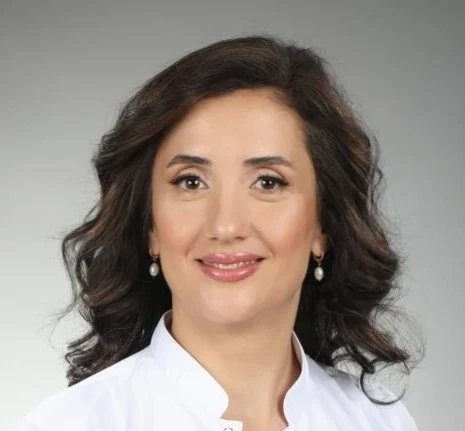Ear, nose, and throat (ENT) health plays a critical role in a child's growth and development. Conditions such as hearing loss, enlarged adenoids, recurrent tonsillitis, or chronic nasal congestion can significantly impact a child's quality of life. Regular pediatric ENT check-ups are essential for the early detection and treatment of potential health issues. These examinations support a child’s hearing, breathing, and speech development, preventing long-term complications. This article explores why pediatric ENT examinations are important, when they should be done, and what tests are involved.
Why Should Children Have Routine ENT Examinations?
ENT disorders are more common in children than in adults, and if left untreated, they can lead to permanent health problems. Frequent infections, hearing loss, and breathing difficulties can negatively impact academic and social development.
Benefits of routine pediatric ENT check-ups include:
✔ Early detection of hearing loss for timely intervention.
✔ Prevention and treatment planning for recurrent tonsil and adenoid infections.
✔ Management of nasal congestion, sinusitis, and allergic rhinitis.
✔ Support for speech and language development before complications arise.
✔ Early diagnosis and treatment of middle ear infections (Otitis Media).
When Should Pediatric ENT Examinations Be Done?
Routine ENT check-ups should be conducted at regular intervals according to a child's growth and development. However, certain symptoms require immediate evaluation.
Parents should consult an ENT specialist if their child experiences:
- Frequent ear infections (more than three times a year).
- Hearing difficulties or speech delays.
- Persistent nasal congestion and mouth breathing.
- Snoring and breathing pauses during sleep (possible sleep apnea).
- Chronic sore throat or large tonsils causing difficulty swallowing.
- Recurring nosebleeds or chronic runny nose.
Tests Performed During a Pediatric ENT Examination
A routine pediatric ENT check-up typically includes the following assessments:
Ear Examination and Hearing Tests
- Otoscopy: Checks for ear infections, fluid buildup, or eardrum damage.
- Audiometry and Tympanometry: Evaluates hearing loss and middle ear function.
- Newborn Hearing Screening: Conducted in infants to assess early hearing development.
Nose and Sinus Examination
- Endoscopic Examination: Identifies the cause of nasal congestion and airway obstruction.
- Allergy Testing: Determines allergic rhinitis or sinus conditions.
Throat and Tonsil Examination
- Tonsil and Adenoid Assessment: Evaluates enlargement and frequency of infections.
- Speech and Swallowing Tests: Assesses potential speech development issues.
Common Conditions Diagnosed During Pediatric ENT Check-Ups
Routine ENT exams often help diagnose and manage:
✔ Middle Ear Infections (Otitis Media)
✔ Hearing Loss and Fluid Buildup
✔ Tonsil and Adenoid Enlargement
✔ Sinusitis and Chronic Nasal Congestion
✔ Allergic Rhinitis (Hay Fever)
✔ Sleep Apnea and Snoring
✔ Recurrent Throat Infections
Regular pediatric ENT check-ups are essential to ensure a child’s healthy hearing, breathing, and speech development. Early detection of ENT disorders allows for effective treatment and prevents long-term complications. If your child experiences hearing difficulties, tonsil enlargement, or nasal congestion, consulting an ENT specialist can help address the issue early, improving their overall health and well-being.









